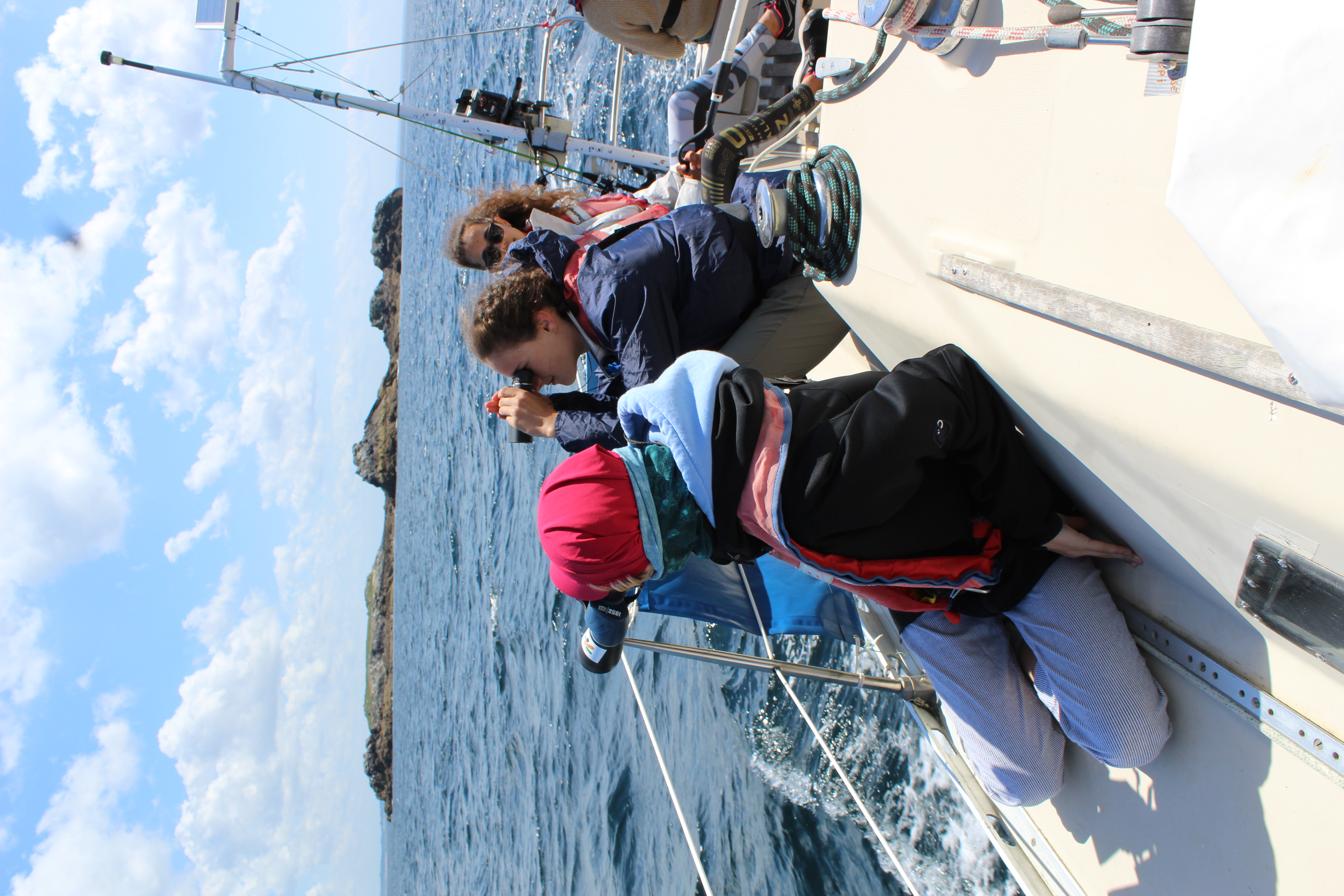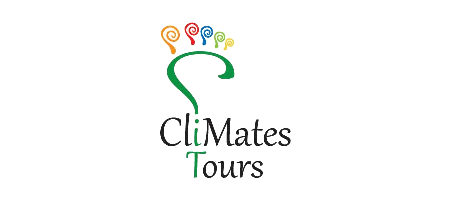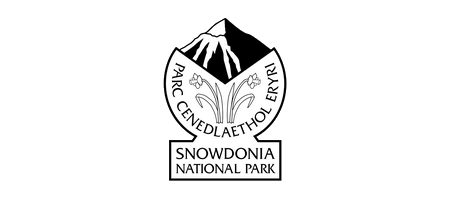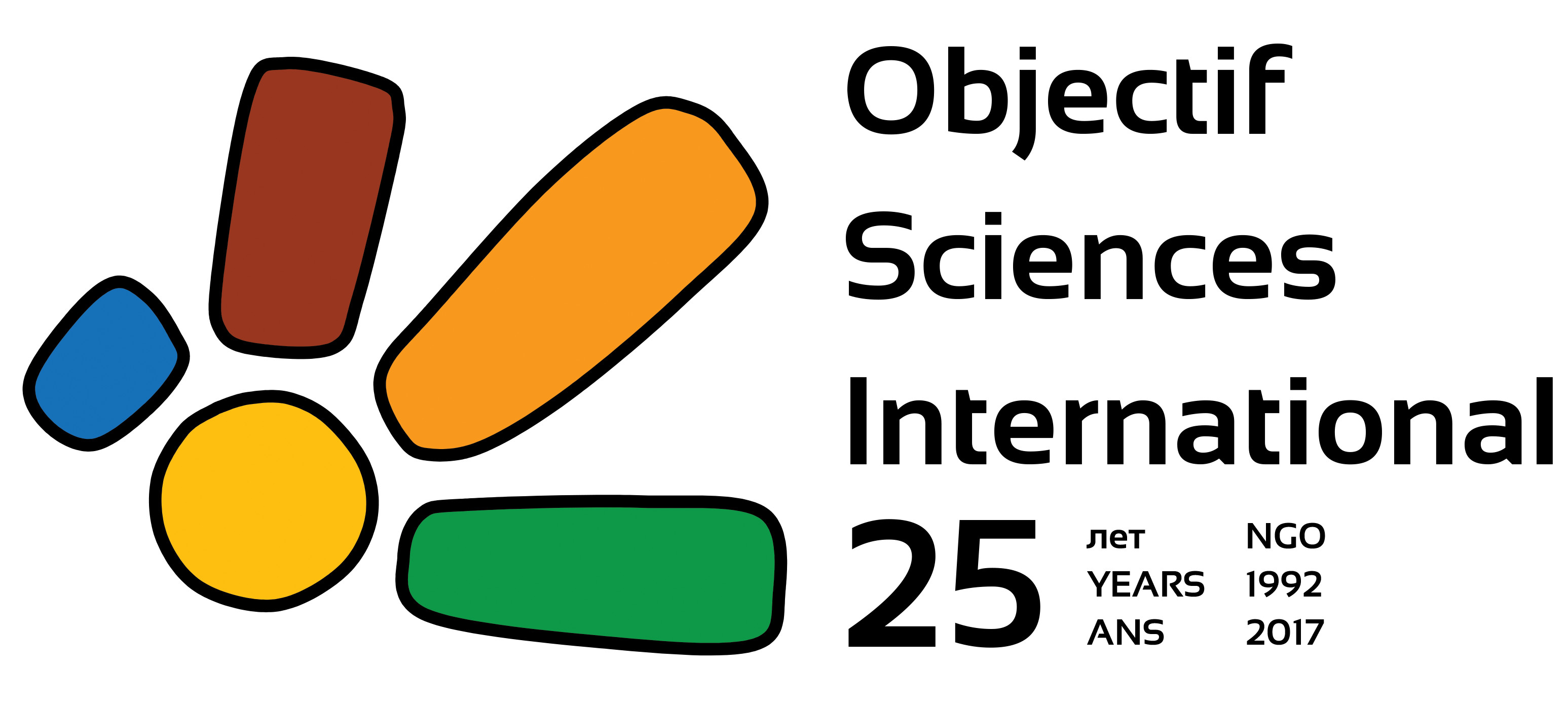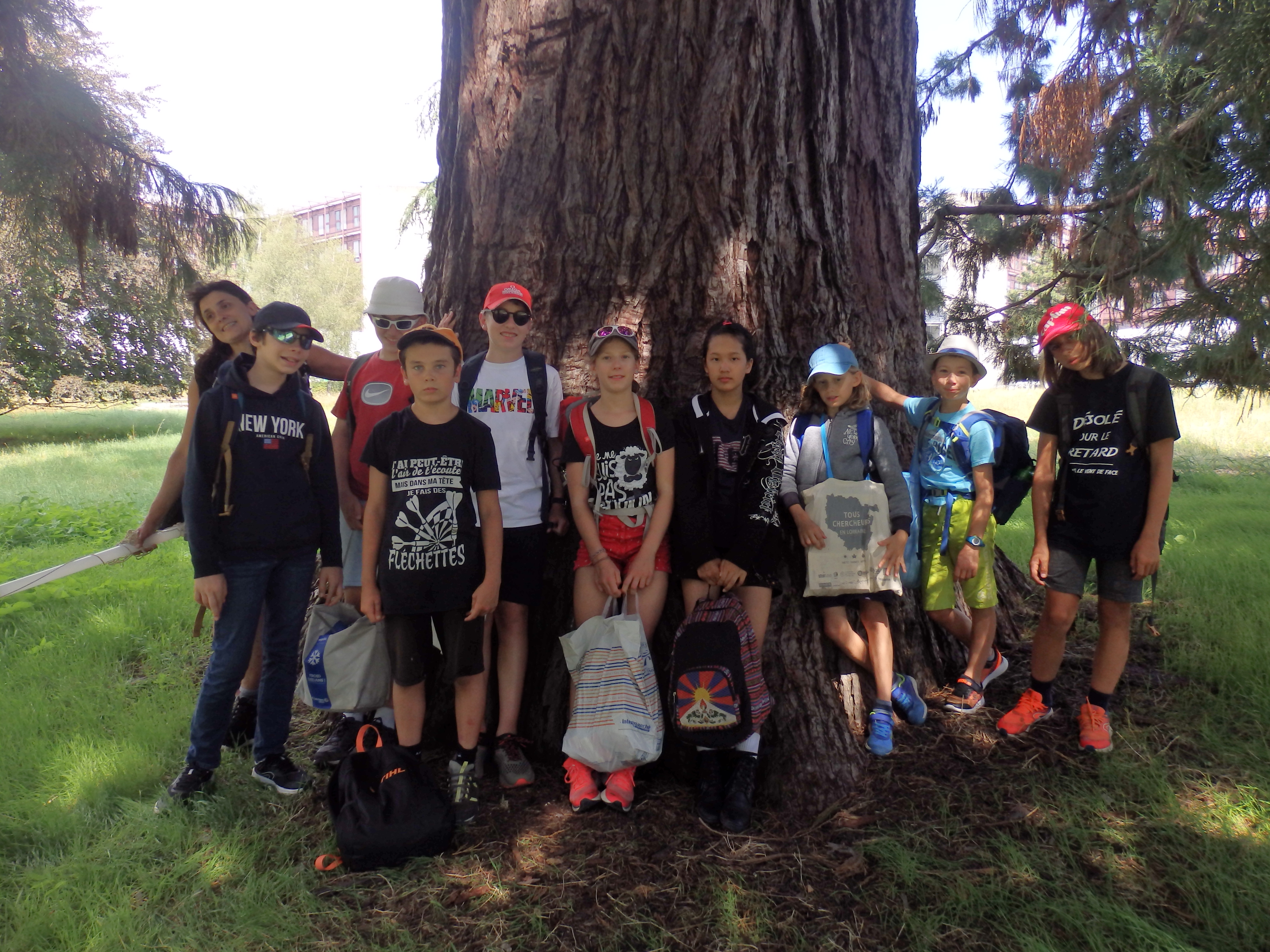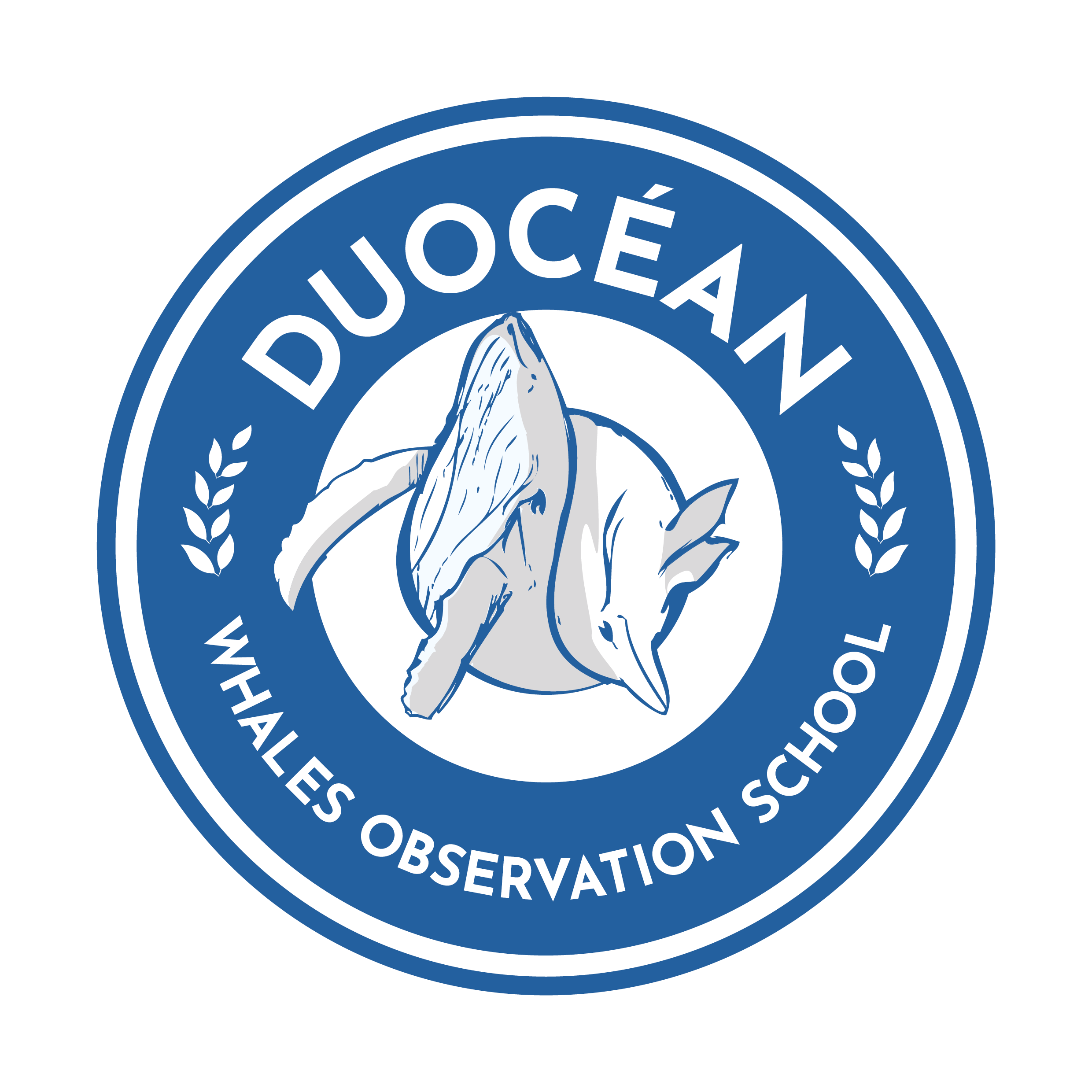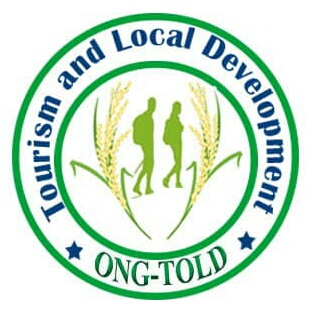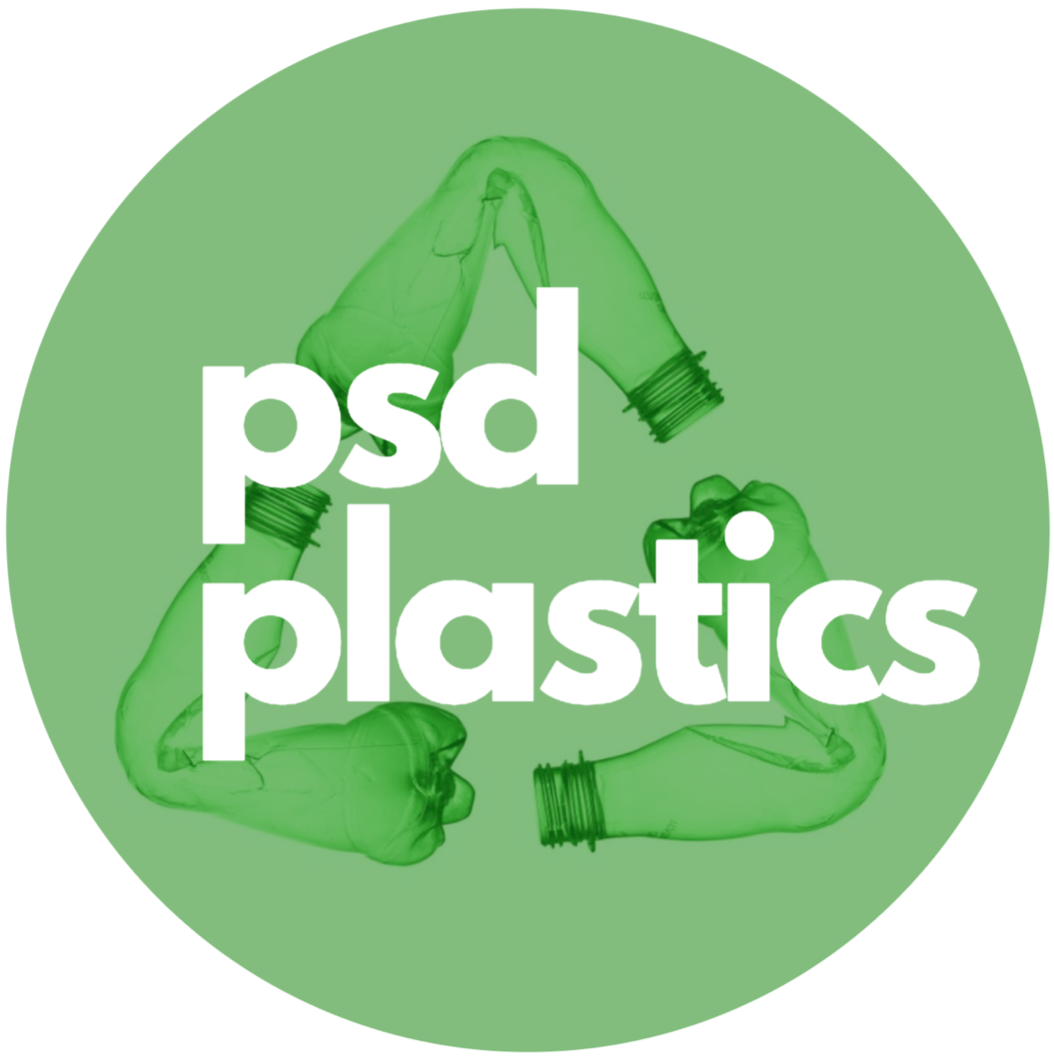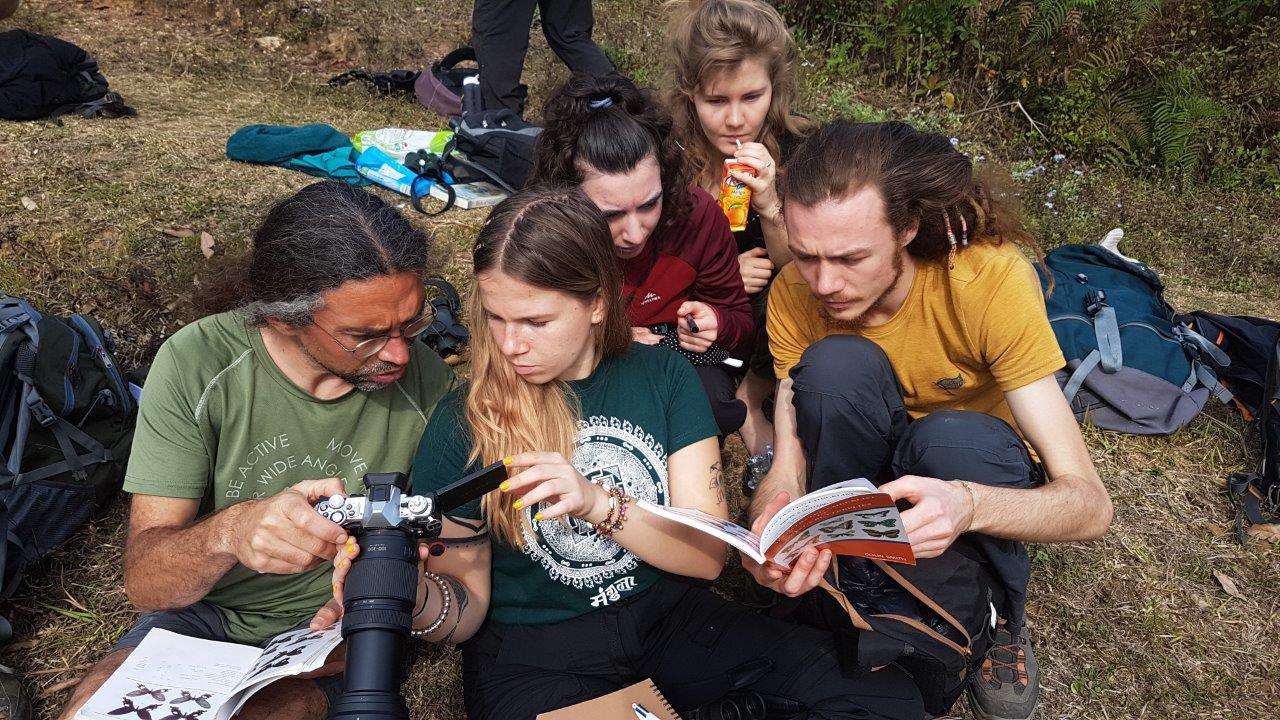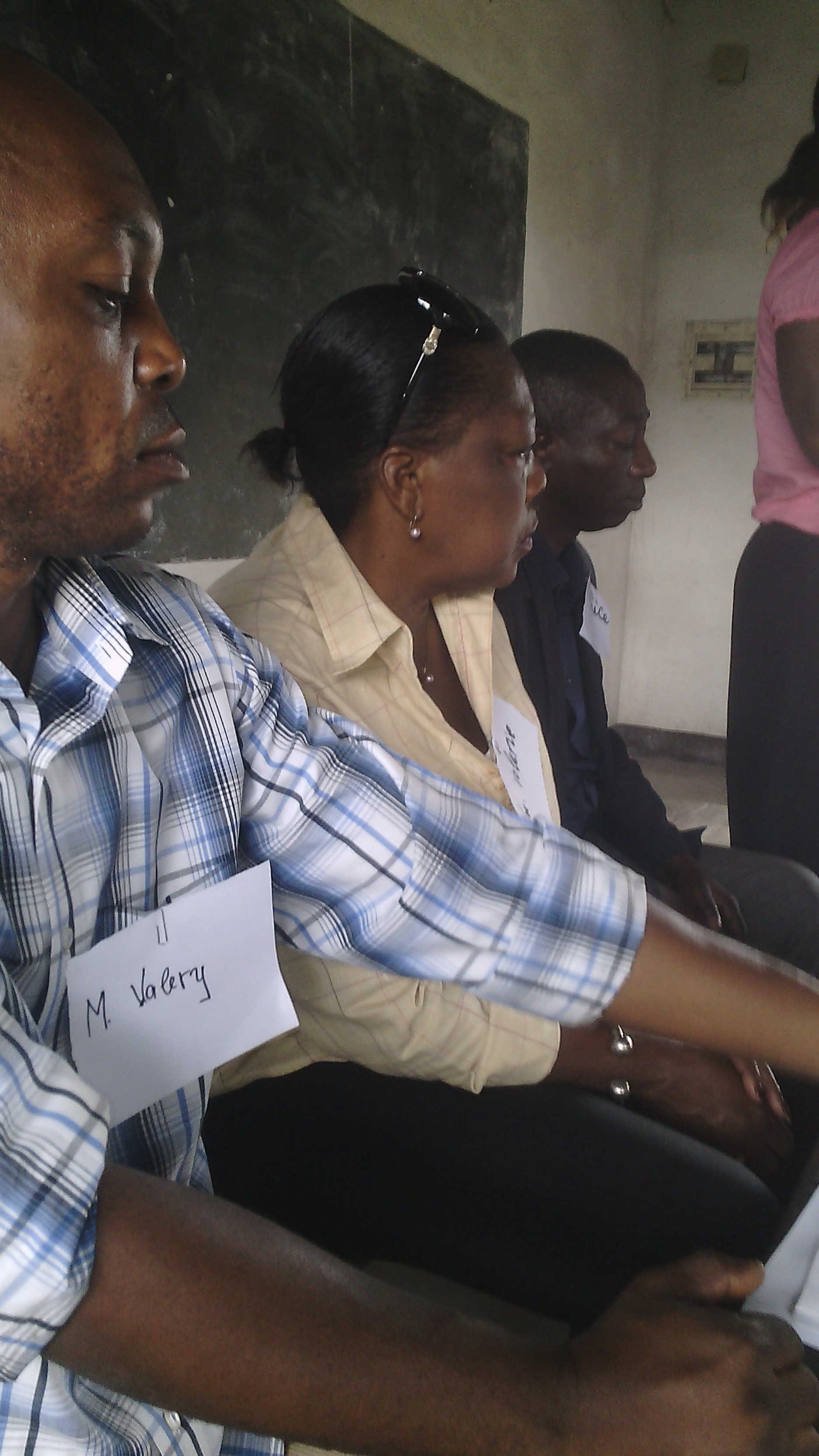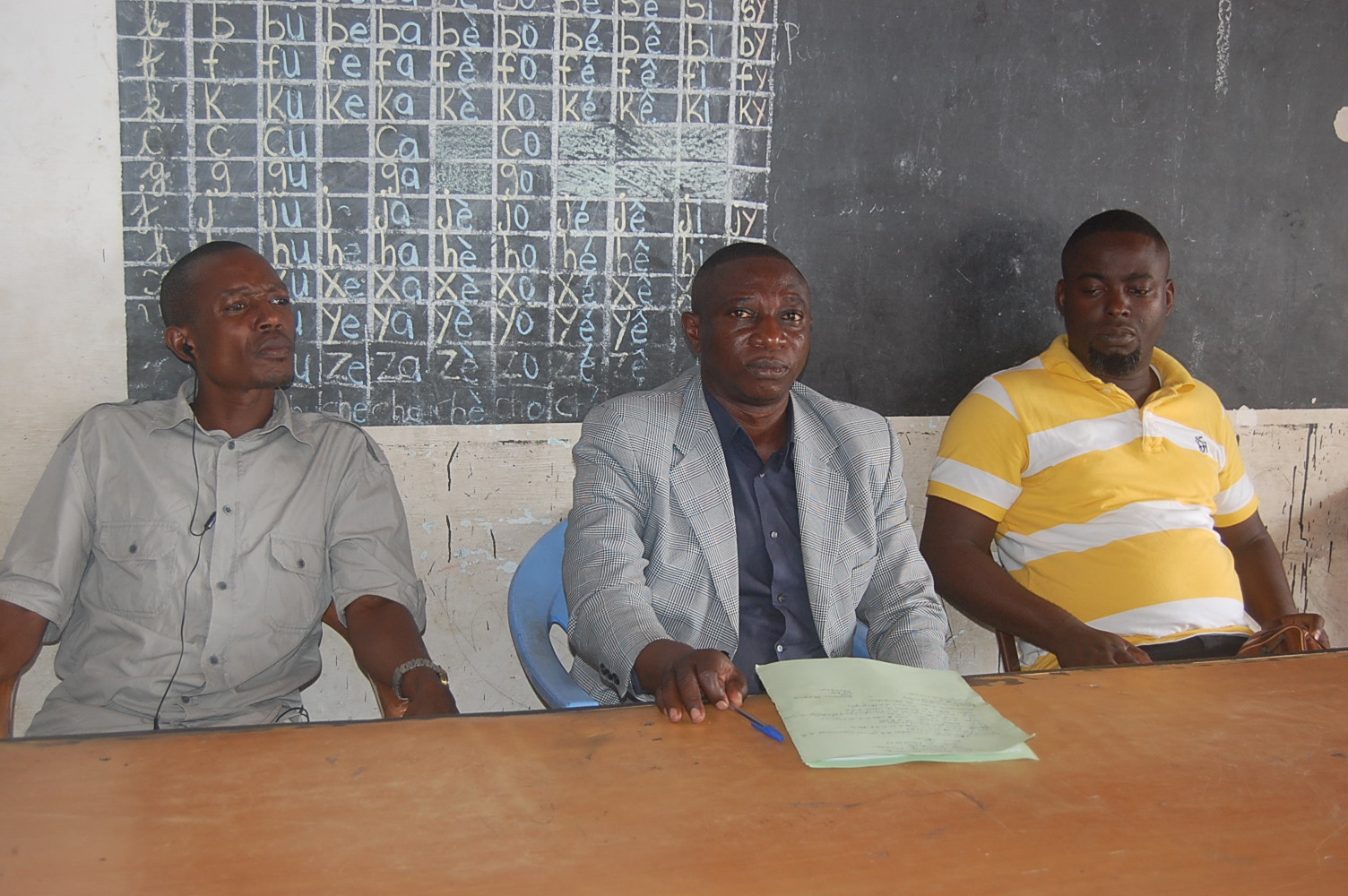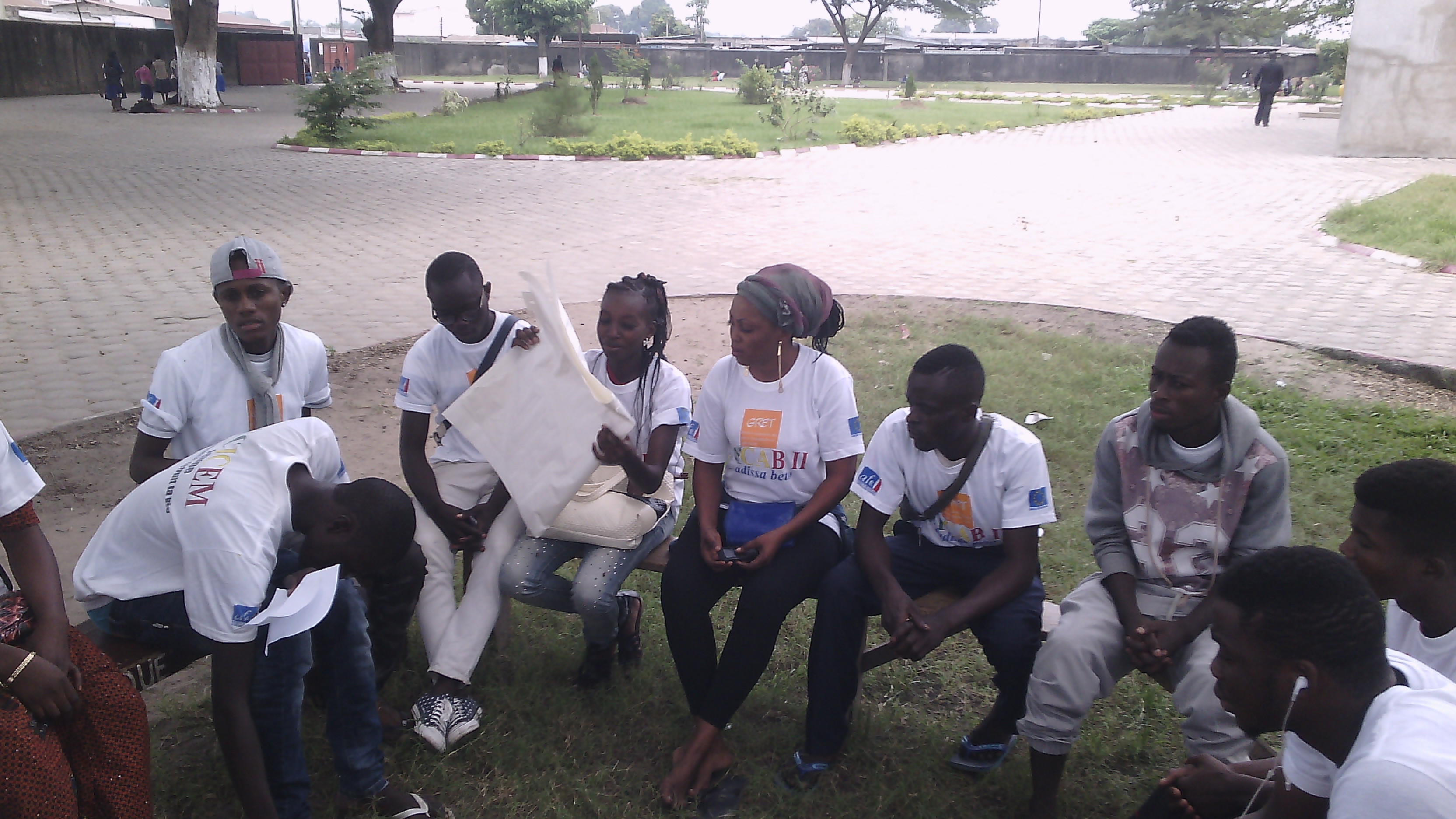Home > Records > Sustainable Tourism for Development > United Nations - 2021 December 13 - Sustainable Travel and Tourism for Peace and Development - Annual International Conference
8th Annual International Conference on Travel and Sustainable Tourism for Peace and Development - 13 December, 2021, United Nations
(Other continental or worldwide networks, please contact us) Please forward to everybody you know active in the domain.
Bellow the Call for Contributions (Call for Abstract).
For all proposal of communication for the Program, please use the form on this page.
Call for Contribution 2021 :
International Annual Conference on the Travel and Sustainable Tourism for Peace and Development
in the frame of the 13th GENEVA FORUM, December 13-17, 2021
United Nations, Geneva, Switzerland
| Monday December 13th, 2021
from 09:00 to 18:00 Monday evening, de 19:00 à 23:00 : Networking Dinner of Sustainable Tourism for Peace and Development Networks |
FREE ENTRANCE UNDER SUBSCRIPTION (United Nations Access Pass) |
| Presentations will be held in english and french. Debates and questions will be organized in english and french. | |
| Leading Projects of Education to Science and Citizen Sciences since 1992, and creating 1st Participatory Researches Camps in 2004, the NGO Objective Sciences International have the Special Consultative Status to United Nations. Active in all continents, the NGO organize every year, since 2012, the International Annual Conference on Rights of Nature in United Nations, at which one participate all Governments actives in this domain or interested by these works. From 2016, and every year, OSI organize into the heart of the United Nations hemicycle the International Annual Conference on Tourism and Travel for Sustainable Development, in order to allow all the actors and operators in these domains to exchange, meet and share directly and at the largest international level. | |
| Fair Tourism Operators of Tourism, Smart Traveling and Alternative Pedagogy who exchange already at national and continental levels (Europe, America, Asia, Africa, Middle-East...) and who desire to exchange together, and share practices and solutions, at the world level, meet together at the Annual International Conference organized in the United Nations. | |
EcoTourism/Travel/Tourism Future/Sustainable Development
Several public or associative organizations that are active in the domain of Tourism, federated or organized, at the international level. The main national actors, the federations, and the specific operators, organized presently at the international level, and are called to meet annually at the end of the civil year, at the International Annual Conference on Sustainable Development of Tourism, at United Nations, in Geneva.
This annual space of sharing results and pooling of skills, allow to the actors of the domain to exchange practices, solutions, ideas, needs.
Your Annual Exchanges Resource
In the following of the national and continental meetings that are organized in each country and continent by the local federation, this International Annual Conference at United Nations allow the actors to implement in consultation, or to inform mutually, of progress and actions they lead during the year, or that they have in project.
The participants at this Conference are:
- Local and regional actors of different countries
- Thematic Actors by disciplines
- Regional or national federations
- Thematic Federations, by disciplines
- Large Institutions of Tourism
- Travel agencies
- Government departments (Tourism, Education, Research, Environment, Industry ...) and international associations of Ministries
- Specialized Journalists (tourism, science, environment, education, sustainable development ...)
- UN agencies (UNDP, UNEP ...)
Subjects that are in the agenda of this year are:
- Sustainable Tourism Development
- Tourism as a social agent (poverty reduction, peace maker)
- Travel 3.0
- Tourism: a tool for Science Development (promote scientific and educational activities towards the advancement of common man’s life by improving the theory and practice of various disciplines and sectors of Tourism and Transport and many more)
- Hospitality and Tourism
- Sustainable development policies and Tourism
- The Sharing Economy and Tourism
- New types of Sustainable Tourism
- Sustainable Tourism management and marketing
- Sustainability Trends in the Industry
Detailed Program
Exchanges between stakeholders of the meeting will happen in a round table between speakers and debates with the audience of the Assembly.
Organiser : NGO Objectif Sciences International, Geneva
Chairman : Thomas EGLI, Founder of Objectif Sciences International, Head of the GENEVA FORUM
Moderators : Christa MUTH, Professor at the University of Applied Sciences Western Switzerland
Here the Programme of the 5 days of GENEVA FORUM of December 2021, where are described the days dedicated to the Conference on Tourism and Science for Peace and Sustainable Development Goals.
Official Opening Session - Monday December 13th 13:30
Session organised by Objectif Sciences International in the frame of the International YEar of Sustainable Tourisme for Development.
- Keynotes
- Remarks on current situation
- Remarks about concepts of the International Annual Conference
Presentations currently proposed for 2021
Validated Presentations
Cultural tourism towards Sustainability, Case study : Odisha, an eastern state of India REMOTE ORAL PRESENTATION
Odisha is an eastern state of India. The region is known for its rich cultural heritage ; tangible, intangible and living heritage. It is also center of an important pilgrimage destination. This attracts numerous domestic as well as foreign tourists throughout the year. The state still has tremendous potential to increase the tourist footfall. The state government is undertaking several initiatives to promote tourism in the region.
In Odisha, tourism is playing significant role to combat many persisting issues of the host communities like employment generation, poverty alleviation, cultural revival etc. Along with the opportunities it also brings several challenges which are required to be addressed sensitively through responsible tourism.
The presentation will discuss the unique cultural heritage of Odisha and the existing tourism practices. It will also discuss the opportunity and challenges posed on the host communities due to tourism. The role undertaken by some self-help organisations is also discussed in the presentation, for promoting Responsible Tourism to bring Peace, Prosperity and Pride in the region.
Ms. Smitashree SWAIN ; NIT Raipur, India, http://www.nitrr.ac.in
Festival Kongo River ORAL PRESENTATION
The Kongo River Festival is a tourist festival that aims to protect and enhance one of the largest hydrographic world heritage, which is the Congo River.
It is a holistic project that pursues several issues of the day namely: environmental, ecotourism, cultural issues as well as economic opportunities related to the blue treasure (the Congo River)
Mr Vincent KUNDA, Festival Kongo River, République Démocratique du Congo, www.festivalkongoriver.com
Tourism-based Sustainable Financing for Marine Protected Area Management ORAL PRESENTATION
The Koh Rong Marine National Park (KRMNP) is the first large-scale Marine Protected Area (MPA) in Cambodia designated in 2018. From 2015 to 2019, it had an average of 300,000 tourist arrivals. However, similar to other MPAs in developing countries, the lack of state funding, inadequate staff capacity, unregulated coastal infrastructure development and tourism threaten its fragile ecosystems.
With the closure of international borders and domestic travel regulations during the pandemic in 2020, KRMNP saw a -80% decline in tourist arrivals resulting to closure of 80% of the accommodations and lost of employment for 50% of its residents. Based on a 10-year post-COVID recovery projection, it is estimated that KRMNP will reach the pre-pandemic 2019 level by 2024.
The anticipated revival of tourism in KRMNP presents a vital opportunity to prove the viability of a multi-stakeholder engagement within the tourism sector, private investors and the government to establish a tourism-based sustainable financing mechanism for the long-term effective management of KRMNP. This topic will discuss the potential contribution of tourism revenue in regulating and maintaining sustainability of the environment and the local communities.
Mrs Benedict AGULTO, Fauna & Flora International, Cambodia, www.fauna-flora.org
Mathematics of life ORAL PRESENTATION
In this presentation we are going to present you our training course on the mathematics of the living that we realized this summer in Switzerland.
During this stay we learned to recognize where the maths are in nature and how they allow us to know it better and therefore to protect it better via several processes such as equations, models or graphs.
Mr Tom CAILLUYER and Timothy MAECHLER, ONG Objectif Sciences International, France
OSI CHIP HACKADEMY Participatory Research - Design of new solutions for specific contexts REMOTE ORAL PRESENTATION
Conception de solutions électroniques inédites Lowtech au service de projets environnementaux.
Réalisation de modules autonomes utilisables sur le terrain et adaptés aux besoins de projets de recherche.
Mr Stephane RODE, ONG Objectif Sciences International OSI CHIP HACKADEMY, France, https://www.osi-chip-hackademy.org/
TOSI-PALEOZOïC Science Education and Research Program ORAL PRESENTATION
The PALEOZOÏC Science Education and Research Program of Objectives Sciences International aims to sensitize as many people as possible to the place of Man on Earth in the face of geological time.
The PALEOZOÏC program is in partnership with the National Museum of Natural History of Geneva and paleontological researchers from Paris, Bern, Belgium and Morocco. The study of marine reptiles from the Cretaceous period and the footprints of dinosaur ancestors, the Archosaurs, are our main subjects of study. Our main mission is participatory research and science education. This year the program will highlight the theme of sustainable tourism at a conference.
Mrs Laetitia GENITONI NAME, ORGANISM, Country, http://www.lien-organisme.com
Towards more sustainable business tourism: a Toolkit for the business event sector ORAL PRESENTATION
Business events –congresses, conferences and meetings - are a niche tourism market that annually contributes an estimated 1.5 trillion USD and nearly 26 million jobs to the global economy. The economic effect of the pandemic on the business event sector is undeniable, as social distancing practically halted in-person meetings. With the world slowly ‘reopening’, the business event sector is expected to rebound and resume both its activities and its economic contribution. But, as the pandemic has accelerated the turn towards sustainability, the organization of green and sustainable business events is the key to attracting and retaining participants.
While there are several tools and standards that can help assess the sustainability of business events, they require the input of experts, they are designed to be used ex-post, and often exclude the active participation of stakeholders in the evaluation process. There is a documented need for a tool that will, on the one hand support the organization of sustainable events, and on the other hand assess and evaluate, in one integrated framework, the economic, social and environmental impacts of events.
This presentation is on the ‘Sustainable Conferences and Events Toolkit’ that can be used by stakeholders throughout the supply chain of business event organization to forecast and optimize business events ex-ante, as well as to assess their sustainability ex-post, helping to make business tourism as sustainable as possible.
This development of the Toolkit is co-funded by the European Regional Development Fund and the Republic of Cyprus through the Research and Innovation Foundation.
Mrs Christina BALDWIN, Sustainable Conferences and Events, Cyprius, http://www.akti.org.cy/portfolio/sustainable-conferences-and-events/
Co-creating a Regenerative World Through Traveler Education ORAL PRESENTATION
Before the Covid-19 pandemic brought the global tourism industry to a standstill in 2020, unsustainable tourism practices and overtourism had been placing strain on local communities, economies and ecosystems around the world. As Covid-19 vaccines continue to roll out, borders are reopening and tourists, especially those from high-income countries, begin to pick up traveling again. Given the vaccine inequity crisis, how do we ensure that tourists visit their destinations mindfully so that the safety of vulnerable communities who still lack access to vaccination will not be compromised? How do we ensure that popular travel destinations will not be once again flooded with tourists back to the pre-Covid level?
While governments, destination management organizations, nonprofits and tourism businesses have been working hard to move the tourism industry towards a more sustainable and inclusive one, consumer education is far from adequate. The UNWTO estimates that there were 1.5 billion international arrivals in 2018, and this number does not include domestic travel. Traveler education is not only complementary but pivotal in creating a sustainable and regenerative future of tourism.
Through a systems-thinking approach and an anti-oppression lens, RISE Travel Institute’s sustainable travel education curriculum educates travelers about the most pressing social justice, animal exploitation and climate justice issues affecting populations at travel destinations around the world, and equips travelers with the knowledge and the tools necessary to understand the underlying oppressive systems that give rise to these interconnected issues, and experience travel in a way that respects and creates enduring positive impact on the community, economy, animals, and environment of the places they visit. Tourists from high-income countries and rapidly emerging economies have immense consumer power to leverage to help communities around the world to build back better post-Covid, and to do that, traveler education and industry efforts should go hand in hand, using the sustainable development goals as our guiding principles.
Dr. Ms Vincie HO, RISE Travel Institute, United States, https://www.risetravelinstitute.org
Protection of the maritime and sub aquatic cultural property ORAL PRESENTATION
The OSI sub aquatic archaeology program is a program with the capacity to sensibilize people to the protection of biodiversity and patrimony of the sub aquatic environment. Throughout our week, we have learned about the challenges and history of the bay of Saint-Jean de luz.
We have also been taught multiple prospection methods, as well as the ethics of a diver searching for sub aquatic cultural property.
Mr Noé MERIGOT and Illona DAUSSE, ONG Objectif Sciences International, France, https://www.osi-cetis.org/
What are the keys to success in whale wachting? ORAL PRESENTATION
The ocean is neither inhabited nor built except for a few facilities; this "naturalness" gives an image of a wild, pure world even if we all know that degradation also exists in the heart of the oceans.
The need for nature, the search for an emotional experience by diving in an unusual environment, has encouraged the emergence of numerous tourism offers, by boat or diving, close to colored corals or mythical marine megafauna. For the last two years, this phenomenon has exploded; a real "dolphinomania" is observed. The impacts on this megafauna are beginning to be described in the scientific literature.
Surfing on the fashion of the ecological discourse, the advertisements are all more appealing than the others, playing with powerful and fashionable terms, using the self-application of the term « eco-tourism » or "nature tourism".
How to combine social demand for "nature" and also participatory actions to protect and respect this fauna to really conserve it?
A sociological survey was conducted on several fields in the Atlantic and in Polynesia during the 2021’s summer; the first results on the elements of understanding this demand for "nature at sea" and the feelings will be presented and discussed.
Mrs Anne LITTAYE, Mrs Marie CHOLLEY-GOMEZ, Université de Toulon, and Mrs Pamela CARSON, Dauphins de Rangiroa NGO, ONG Objectif Sciences International (OSI), France, https://www.osi-cetis.org/
DES ETUDES SUR LE TOURISME DURABLE ET SA CONTRIBUTION AU DEVELOPPEMENT REGIONAL POSTER PRESENTATION - ABSENT
Le secteur du tourisme a connu depuis deux décennies un processus d’éclaircissement conceptuel et de consolidation des instruments d’investigation et d’action. Le tourisme est pluriel. Il est traversé par des segmentations en fonction du critère d’activité et des domaines de destination couverts par les services. Il se situe à la rencontre de problématiques économiques, sociales, environnementales, matérielles et naturelles, humaines, financières, technologiques, informationnelles. Des travaux antérieurs se sont attachés à présenter l’impact significatif du tourisme sur l’économie, la société, la qualité de la vie et le bien-être au niveau local, microrégional ou régional. Il devient pour certaines régions touristiques un des moteurs du progrès de la société. Un aspect singulier du tourisme est qu’il joue un rôle majeur par sa contribution à la réintégration de l’individu dans la nature et le milieu social. La littérature de spécialité, d’un côté, et les réalités pratiques, de l’autre côté, montrent l’apparition et le développement du concept de tourisme durable. La distinction entre stabilité et développement durable du tourisme permet l’examen des solutions réelles et l’identification des problèmes potentiels qui affectent la prospérité d’une région a préservation et la durabilité des composantes des écosystèmes représentent une condition importante du développement socio-économique. L’irréversibilité des problématiques environnementales, les effets cumulatifs et non-linéaires exercés par l’emploi des ressources sur l’environnement entraînent des problèmes majeurs. La compréhension des phénomènes de transformation de la société en profondeur suppose la mise à disposition d’une approche conceptuelle renouvelée. Les concepts d’intelligence et la résilience territoriale particulièrement adaptés à cet objet. Le concept d’intelligence territoriale pose le principe d’un développement régional en retenant une logique ascendante plus que descendante. Il s’agit de fédérer les énergies locales, de créer des occasions de coopération entre des acteurs qui poursuivent chacun des objectifs spécifiques. La dynamique territoriale dépendra de la capacité des acteurs à travailler ensemble et à contribuer ainsi au développement régional.
Mr Moise Aimé KAMMEGNE, ETABLISSEMENT MOSE’S-COMMERCE GENERAL IMPORT-EXPORT, Cameroon
Other potential presentations
Think about the emergence of Africa from African fashion POSTER PRESENTATION
<docNNNN|left> Sub-Saharan Africa was, until recently, the only region of the world absent from the international fashion system. For 2 years, African countries have been presented as the next future market for fashion and luxury, but at the same time we are discovering a whole generation of designers with new ideas who could well become important players in creative fashion. hui the whole world, from Russia to China, from South America to Southeast Asia, is part of a global fashion system. Only sub-Saharan Africa seems to have remained on the margins : a textile industry almost reduced to the production of fibers, no establishment of brands or international distribution networks, a largely artisanal clothing production and numerous fashionweeks but reduced to local folklore shows. All this is changing and for the past two years we have seen a proliferation of seminars and conferences in Europe on the opportunities of the African market, which appears to be the next market of the future for fashion and luxury. A market already valued at $ 31 billion by Euromonitor. But without waiting to be completely part of this system, the African continent shows a singular creative vitality, with the main showcase of the Lagos fashionweek. The economic capital of Nigeria, with its 10,000 millionaires in dollars, plays the role of the connected hub of the continent. Cameroon, too, is diverse from a dress point of view, rarely compared to other sub-Saharan countries. The flowering of styles in this area reflects history, ecology and climates, all of which make this Africa in miniature so special. With each cultural area, we can correlate a complete art of dressing or a more or less symbolic element of clothing : ndop in the Grassfields, ntieya in the Bamoun kingdom ; obom and derivatives in the far south, leppi and godo clothing made from cotton in the north ; Sandja among the Basssas and the peoples of the Cameroonian Littoral.
Mrs Martine KAMSU NGADOGNE, ETABLISSEMENT STYLISME ET MODELISME, Cameroon, Yaoundé-Bastos
Presentations done in 2020
Validated Presentations
| Sustainable Tourism, one session |
|---|
| Tuesday dec 15th, 3pm-5pm (Geneva Time) |
Can tourism be compatible with global sustainability? ORAL PRESENTATION
There is no doubt that tourism is growing as parts of the world become more affluent. In its growth it also aids economic development for the locations visited and thereby some poverty alleviation. But this growing tourism brings with it also problems which impact upon various factors of sustainability such as increased pollution and consequent effect on climate change, damage to the physical environment and also damage to the social environment. So the economic development from tourism comes at a cost which is unsustainable. But in traveling around the world it is noticeable that one factor seems to be universally agreed upon: if people from different countries and cultures knew each other they would realise that there is much similarity and thus there would be no wars and conflicts. So this presentation proposes a means of accepting tourism while achieving a contribution to peace alongside minimal environmental damage and sustainable poverty alleviation.
Prof Dr David CROWTHER, Social Responsibility Research network (SRRNet), United Kingdom, http://www.srrnet.org
Development Strategy for Sustainable Tourism, Pollution Control from Single-Used Plastics,SME-Sector Participation in Eco-based Products Development. ORAL PRESENTATION
Southern Province of Sri Lanka has been a unique historical destination for the international trade as well as modern tourism industry since 1960s. The ongoing tourism practice in this region has been diversified into an array of impressive activities at different geo-climatic sites such as exploring history, culture and architecture, watching biodiversity, uncovering societies & ways of life, engagements in adventures and sports etc. These activities are done either as a part of round tour packages or by exclusive tourists to such sites.
According to the 5A definition, the tourism industry is an assemblage of Attractions, Access, Accommodation, Activities and Amenities. Thus, in order to satisfactorily engage in activities at attractions, tourists must be supported with infrastructure developments such as accommodation facilities, restaurants, bars, information centers, activity businesses and so on. Unfortunately, most of the constructions for such facilities are permanent as well as close to the coastal belt or river banks.
Galle city, the capital of Southern Province of Sri Lanka, daily accommodates a large volume of population of both resident and transit locals as well as domestic and foreign tourists. Therefore, an appropriate infrastructure arrangement should be set up there with a management system for daily waste outcome, clean water demand and sanitation.
Such a management system for daily waste outcome should encompass a strategy to control the coastal pollution with single-used plastic and introduce a plastic re-cycling facility. In other words, that system should bring about an eco-friendly mechanism that prevents the transferring of single-use plastic stuff via waterways to the coast and direct local people for an industrial plastic recycling process or manufacturing alternative bio degradable stuff.
Mr. Suranga N. PATHIRANA and Mr. Dilip C. SIRISENA, Climates Tours, Sri-Lanka, www.climatestours.com
Sustainable Management of the Busiest Mountain in the UK ORAL PRESENTATION
Yr Wyddfa (Snowdon) is the most popular mountain in the UK, and the effect this has on people who work and live in the area is significant. The Yr Wyddfa Partnership - developed and established by Helen Pye, Snowdonia National Park Authority - launched a ground breaking plan for the sustainable management of the mountain. Ms Pye will detail the steps required to established such a partnership and management plan, and the projects that have been implemented as part of this innovative scheme.
More information can be found here: https://www.snowdonpartnership.co.uk/home
Mrs Helen PYE, Snowdonia National Park Authority, United Kingdom, https://www.snowdonia.gov.wales
Moth and Comllembola ORAL PRESENTATION
The trip in the course of the trees Pyralidae and Springtails created by OSI present :
The pyralidae, an invasive species that destroys every bush in its path ! However, we don’t know everything about them .... The number of times they moult is still unknown and predators hapve been discovered by OSI !
The springtails are super heroes invisible to the naked eye ! Yet without them we cannot live ! They provide nutrients and aerate the soil better than anyone else !
Mr Paul-Elie RABIER, Mr Amaury BARRET, Ms Rosalie MAYET ; Objectif Sciences International, France, http://www.vacances-scientifiques.com/-EXCELLENCE-.html
Water Watch ORAL PRESENTATION
I’m going to talk about the Water Watch trip which was about the study of micro-plastics. I will explain how we did it and what tools we used and why it was necessary to carry out these experiments. All the experiments and results were carried out at the University of Lausanne in the l’Eprouvette laboratory. I will talk to you about the decrease in whitefish and what the main factors behind this are.
Ms Emma LOEPHEL TENINGES ; Objectif Sciences International, France, http://www.vacances-scientifiques.com/-EXCELLENCE-.html
The DUOCEAN concept of PASSIVE OBSERVATION of cetaceans in water, as a coherent alternative to "swimming with cetaceans". Proposal of a model for the creation and recognition of the profession of naturalist guide ORAL PRESENTATION
The west of Reunion Island is an almost unique place in the world where humans and cetaceans share the same biotope over a few square kilometers. An underwater plateau just in front of the seaside resort of the island concentrates 4 species of dolphins all year round and humpback whales in season. Whale-watching is developing from year to year and the authorities are struggling to regulate a development that has become anarchic. No licensing system exists for the moment.
It is in this context that, as a committed service provider, we have developed a unique PASSIVE OBSERVATION method and protocol, resulting from thousands of launches of experiments. This protocol also benefits from the endorsement of certain scientists, Ethnologist, renowned Bioacoustician.
It aims to reduce as much as possible the impact of launching with cetaceans by a very precise framing of the behavior of observers and a contribution of knowledge on the species encountered. Duocean benefits from an image bank of important video data available to scientists, fed by all observations made since 2012.
The method is centered on the vision by marine mammals of their own environment, the respect of whale and dolphin "codes".
Its objective is the maximum neutrality of the participants in the water.
It represents a solution to reintegrate Man as a simple observer in the natural environment.
<The protocol aims to never seek interactions with animals, in the manner of practices in court during terrestrial photo safaris, where observation remains the only practice allowed, to the detriment of interactions.
Duocean is an eco-tourism Stat-up which proposes a model for the sustainable development of a very controversial activity in the world.
We are acclaimed by the media, a large part of the public and local tourism institutions.
Duocean is already inspired by the recommendations of the International Whaling Commission’s handbook on the development of eco-responsible Whale Watching.
Despite this success, much remains to be done to have this future profession of naturalist guide recognized by the French authorities.
We lack the means to offer training for participants and supervisors in order to create a new eco-responsible, recognized and standardized activity.
Mr Emmanuel ANTONGIORGI, DUOCEAN, France, http://www.duocean.com
Sustainability certifications’ role to lower the environmental and social impact of tourism. ORAL PRESENTATION
Tourism industry has grown exponentially in the past decades and with it the consequent environmental and social impact. Tourism has shown a strong potential to provide positive cultural, social and even environmental return to the countries and tourists involved. Third party reliable and transparent sustainability certifications can both reduce the negative impacts of tourism and enhance its positive return.
Friend of the Sea and Friend of the Earth certifications and environmental projects and campaign, jointly with the involved companies and institutions, are playing an important role in the movement towards a sustainable tourism, just like they lead the sustainable food movement.
Mr Paolo BRAY, World Sustainability Organization, Italy
Promote heritage tourism for sustainable local development in Niger ORAL PRESENTATION
Niger,through its centuries-old position as a commercial and political crossroads, today asserts itself as a precious mosaic of culture.
Social ties and ancestral ecemplary coexistence have shaped the life of Niger and its regions.
Rich in its diversity , both cultural and picturesque, the country prides itself on marvelous landscapes, particular fauna, paleontological sites unique in the world and colorful traditional festivals.
Despite the existence of legal instruments and institutions in charge of heritage , the heritage resources of Niger face threats such as :
- Failure to respect heritage values ;
- The degradation of sites ;
- Natural erosion ;
- The disappearence of certain habits and customs ;
- Lack of adaptation to modern standards ;
- Vandalism, theft and other illegal practices...
Aware of all these factors, the NGO TOLD has developed a strategy called « Heritage Help ». This is an initiative that aims to bring the Nigerien populations to a real awareness in favor of the preservation and enhancement of their heritage in order to make it a lever for sustainable local development, in particular through heritage tourism.
Mr Issoufou ADAMOU HASSANE, NGO Tourism and Local Development (TOLD-Niger), Niger
No Planet B : enterprise and leadership in the age of no excuses ORAL PRESENTATION
PSD Nepal partners with the mountain people of Nepal. Together we are cultivating circular economies for waste and plastic solutions. In our pilot schemes, a 1 PET bottle = 1 NPR incentive scheme is in operation, with tens of thousands of plastic bottles cleared every month. This waste is recycled in Pokhara at Himalayan Plastic & creatively up-cycled for educational purposes, promoting environmental and cultural heritage
Our vision is cultivating circular economies in the Himalayan National Parks of Nepal by recycling PET plastic bottles from National Parks & promoting creative up-cycling. Our goal is promoting viable job creation, environmental wellbeing, & sustainable local management.
In this short talk we will present our recent work in recycling in the valley of Langtang, in Nepal, as well as our plans to upcycle plastic to build seven PET plastic pavilions for education and awareness in the region.
Mr Samuel JOHNS, PSD Nepal, United Kingdom, www.psdnepal.org/plastics
Research programs in Nepal ORAL PRESENTATION
The OSI-NEPAL Program supports all participatory research stays and operations organized by the NGO OSI in Nepal, whether it is the expeditions of the BIODIVERSITA Research Program which studies biodiversity, or of the PANTHERA Research program which makes a follow-up of the Snow Panther, and soon many other projects ...
Mr Clément BURZAWA, Objectif Sciences International, Nepal
Presentations currently in Validation process
Tourism, crisis exit sector in Congo-Brazzaville ORAL PRESENTATION
In the Republic of the Congo, many agree that the main challenge facing us today is that of valuing the important heritage available to the country. Citizen initiatives at the will of the government, deciphering a slow economic change.
Sharing the green heart of Central Africa, the Republic of the Congo has never been put forward as a resort. Blame it on preconceived ideas. But also to the current context of political, economic and security crisis, in particular in the region of Pool. Among the solutions to put Congo Brazzaville back in place, tourism seems obvious to some Congolese who believe it is time for their country to realize its unrecognized and under-exploited potential.
Mr Patrice Arthur MAKOUANTSI ; Association de la jeunesse congolaise pour le développement, Congo
Women and tourism development in Africa ORAL PRESENTATION
Women play an important role in the tourism industries. Globally, they represent around 47% of jobs in this sector in Africa and more than half in hotels and restaurants. Figures which according to the latest report from the World Tourism Organization (UNWTO), could still grow considerably.
Ms Bénédicte Roseline ILOKI ; Association de la jeunesse congolaise pour le développement, Congo
Other potential presentations
Perpetuating transiency: The Creation of Heritage by the Buddhist Perspective ORAL PRESENTATION
This paper is about the heritage in Buddhist place. In an attempt to go beyond a more traditional descriptive approach, the proposal aims at bringing forward a discussion about the definition, or rather the multiplicity of definitions, of the concept of heritage as such. The unavoidable tension emanating from a modern western frame of thought being applied to the geographical and cultural setting of the study provides an opportunity to develop a criticism of some of the assumptions underlying our current definitions of heritage. For this particular study, heritage is defined as to include stories, places and things. It is a heritage that is complex and ambiguous, because the stories are apparel, the definition and perceptions of place are manifold and contested, and the things and their meaning appear altered, depending on what approach to materiality is used. The objective is not to propose how to identify and manage such complex heritages. Rather, it is about what causes this complexity and ambiguity and what is in between the stories, places, and things. In addition, this paper aims to critically deconstruct the contemporary heritage discourse, which privileges material authenticity, form and fabric and the idea that heritage values are universal and should be preserved for the future and preferably forever.
In this context, the notion of material impermanence also governs the perception of reality. Approaches to materiality in Buddhism are related to the general ideas that things are important from a contemporary perspective and primarily as containers for spiritual values, that the spiritual values carry the connection to the past, and that heritage is primarily spiritual in nature and has little to do with physical structure and form. By exploring the concepts of restoration, destruction and consumption in such a perspective, we understand that preservation and restoration are active processes of materialization. We also understand that destruction and consumption are necessary for the appreciation of certain heritage expressions, and that heritage is being constantly created. With this understanding this paper in an argument for challenging contemporary western heritage discourse and question its fundamental ideology of preservation.
Mr Shimo SRAMAN, Wat Mai Amataros, Thailand ; and Mr Khokan BARUA, Buddha Bhoomi Foundation, India
Ecovoluntering : two charters for participatory and environmental travel ORAL PRESENTATION
Ecovolunteering has known fast growth in France over the last ten years, with an increasing number of ecovolunteering agencies and organizations, international ecovolunteering projects, as well as volunteers involved in projects. Although several thousands of French travelers participate in ecovolunteering projects each year, there is no authoritative definition of ecovolunteering, and this way of traveling does not benefit from any formal ethical rules. However wrongdoings do occur, and some projects have been criticized about their non-ethical positioning. In the absence of any official management, Cybelle Planète launched in 2014 and 2019 three online participatory consultations with almost 600 citizens and professionals in order to elaborate the first definition of ecovolunteering, as well as two ethical charters for ecovolunteering professional and volunteers.
Mrs Céline ARNAL, Cybelle Planète, France, https://www.cybelle-planete.org/
Education is Life for Ethnic Communities in Chittagong Hill Tracts, Bangladesh ORAL PRESENTATION
The southeastern part of Bangladesh – a miraculously unique and attractive mountainous landscape is known as the Chittagong Hill Tracts (CHT). The region covers 10% (5,093 square miles) of the whole area of Bangladesh. The CHT is completely different in physical features, agricultural practices, and soil conditions from rest of the country, which is flat, and few feet above the sea level. The three districts of the Chittagong Hill Tracts- Rangamati, Bandarban and Khagrachari were named, as Chittagong Hill Tracts after the British possessed it, as because of its proximity to the Chittagong plain region. The Chittagong Hill Tracts’ socio-economical and geographical situation is different from the rest of the other districts of the country. The CHTs region comprised by 3 hill districts with 23 Upazilas (sub District) . Among the three hill districts of CHTs, Rangamati Hill Tracts is considered as central district as well as focal point because of its characteristics and historical heritage.
12 amazing indigenous communities of Mongoloid races inhabit the CHT, the wonderful picturesque mountain, possessing distinctly different physical features from the Bengali people. It is amazing that the indigenous communities of the CHT have created an authentic culture of inhabiting different ethnic groups within an area of few square miles. The natural environment offers them the opportunity of speaking completely different languages, building different types of houses, and wearing different clothing and following different customs and different religions (Buddhism, Hinduism, Christianity and Animism).
During the last 25 decade due to militarization and political conflict Chittagong Hill Tracts deprived of their human rights, livelihood, life security and also their identities. A thousand of valuable lives lost for ever and many of the people had to leave their houses and property due to their life security and move here and there as internal refugee and some other left their mother land to the neighbouring country India. After historical Peace Treaty Hilly people expected to see the ray of hope but it is under full swing implementation. Therefore the situation not yet changed. No development activities successfully implemented by the Government or the development Agency due to lack participation of community people. Thus total population of Chittagong Hill Tracts some how affected or victimized during the insurgency period.
The total ethnic communities were not aware about education and they live in remote, mountainous and inaccessible areas. Therefore, they remain deprived from any facilities and services. The KOTHOWAIN organization (Vulnerable People’s Development Organization) established in 2003 by some social development activist in response to the issues of extreme poverty, low literacy rate, social and political conflict, eroding cultural identity, environment, and high incidence of human rights violations among the indigenous peoples in the Chittagong Hill Tracts of Bangladesh. Now many children are going to Universities and colleges after completion of primary level that supported by KOTHOWAIN. Right now, the communities strongly raised the voice that Education is Life for survival and sustainable development.
Mr Gabriel TRIPURA, KOTHOWAIN, Bandarban, BANGLADESH, https://www.kothowain.org
Impact of the security crisis linked to terrorism on tourism in the G5 Sahel Region: Case of Burkina Faso ORAL PRESENTATION
We will first present the G5 Sahel Region (creation and legal nature, objectives, main bodies and strategy). Then, a presentation of Burkina Faso and its tourism sector (tourism potential, public policies and socio-economic fallout) before the start of the security crisis linked to terrorism. We will also expose the nature and manifestations of the security crisis linked to terrorism in Burkina Faso and the impacts on tourism activities and the economy. We will finally share with the participants the solutions and perspectives.
Mrs Kiswendsida Marie Aimé OUEDRAOGO, Burkina Faso
For the registration form, see below.
To Propose an Abstract for Presentation
| Deadline for the presentation : Still open To submit a presentation, please use also the form bellow. |
Registration Form to the Event
- You contribute to the fees only if necessary (e.g. participation to a Networking Diner)
- To receive all information, please fill in this form as soon as possible
- Filling in this form does not give any obligation to participate. You will receive all the information by email as soon as the form will be validated. You can also consult the same information directly on your screen.
- For questions about access administration at the UN: please do not wait to ask for information via this form.

















